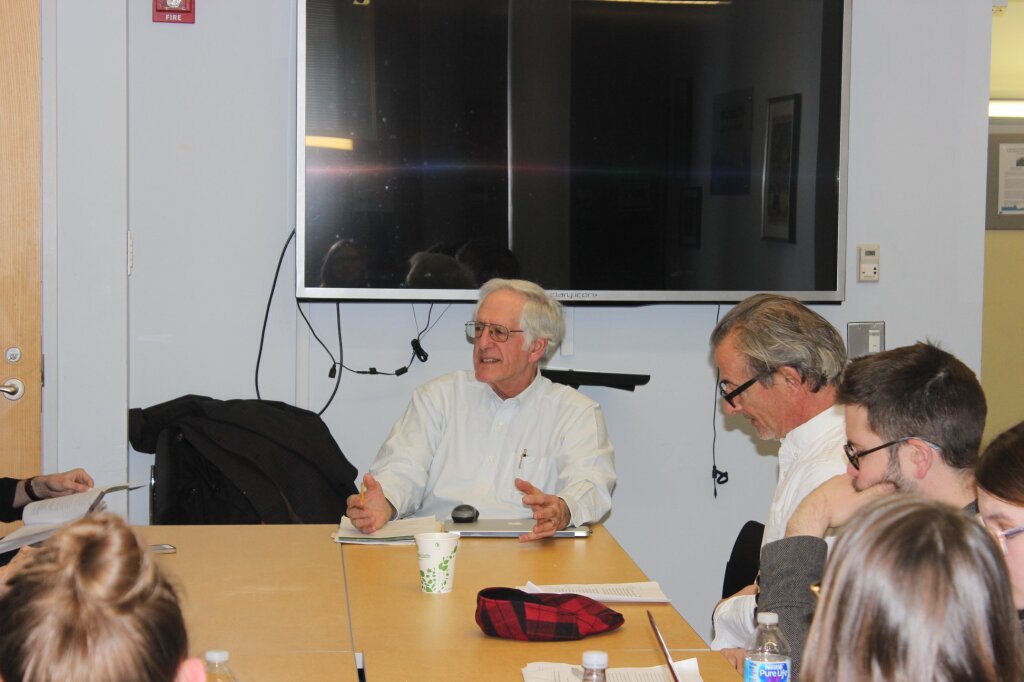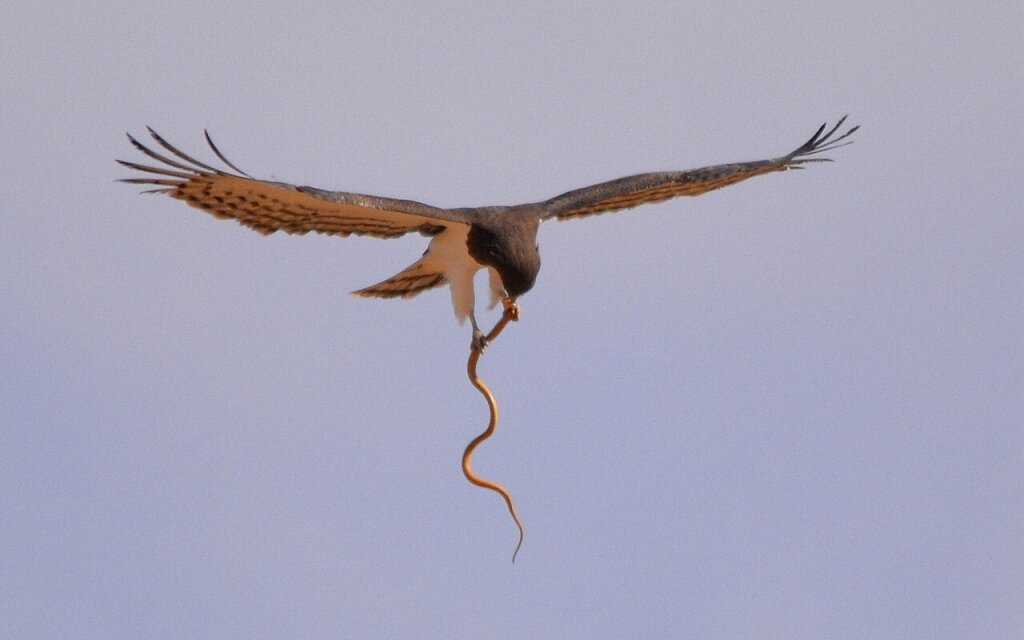Aleksei Surin is a Researcher and PhD Candidate at Bar-Ilan University, Israel, and Co-Editor of the Polish academic journal Iudaica Russia. This post draws on his 2024 article in Russian History, “Anti-war Russophone Poetry after Feb. 24, 2022: Reinterpreting Russian History and Culture.”
On 24 February 2022, the day Russia invaded Ukraine, Roman Leibov, a Russian-Estonian literary critic, philologist, writer, and poet, wrote the poem “Anatomy of Ressentiment.” In this work, he demonstrated how narratives of order and abundance under the Stalinist regime became embedded in the discourse of contemporary Russians, who have lived for over 20 years under Vladimir Putin's leadership.
The poem's creation on the very day of the invasion, capturing a sense of violated grandeur and hostility—of ressentiment—serves as a dual signifier. Not only does it illuminate one of the causes of Russia's military aggression, it also marks the inception of a wave of anti-war, post-February-24 Russophone poetry that has been characterized by a pronounced poetics of de-ressentiment.
The Rise of Ressentiment in Post-Soviet Russia
The collapse of the Soviet Union left Russian society in a state of profound disorientation and disillusionment. The loss of superpower status, coupled with the economic turmoil of the 1990s, created fertile ground for the rise of ressentiment.
The concept of ressentiment, a deep-seated feeling of vengefulness and hostility arising from a sense of powerlessness and humiliation, is central to understanding the transformation of Russian society under Putin. The Kremlin has actively exploited this sentiment, weaving narratives of victimhood and past glory to justify its authoritarian policies and aggressive actions on the world stage.
The annexation of Crimea in 2014 and the subsequent war in Donbas marked a turning point, solidifying the grip of ressentiment on the Russian political discourse. The glorification of the Second World War victory and the myth of a superior Russian culture became powerful tools for mobilizing support and suppressing dissent. The invasion of Ukraine in 2022 represents the culmination of this trajectory, a tragic manifestation of ressentiment on a grand scale.
When Putin announced the decision to launch a “special military operation” against Ukraine—a euphemism invented by the Russian authorities to replace the word “war” —the leader justified it by saying that he was responding to the threat posed by Western countries and NATO. Putin claimed that the invasion was an act of “self-defense” against the threats created by Russia’s former allies from the Second World War, echoing longstanding narratives of victimhood and historical grievance.
The Poetics of De-ressentiment
Poetry, being the most responsive form of literature, quickly reacted to the disaster that Putin’s Russia initiated. In the initial days of the war, both in Russia and abroad, anti-war poems began surfacing on social media platforms. Following a period of direct appeal to readers on social networks, authors and publishers united to publish collections of anti-war poems (“Witnesses and Beholders”, “Poetry of Last Times”) and journals (ROAR, The Fifth Wave) that declared the anti-war and pro-humanistic stance of Russian-language literature.
Several key themes and figures emerge in this body of anti-war Russophone poetry. Victory Day, once a day of remembrance, has been transformed into a cult of war under Putin to glorify war and promote a sense of nationalistic resentment. Poet and director Evgenia Berkovich, imprisoned in Russia for six years largely for her anti-war stance, rejects this exploitation of veterans and calls for a return to a genuine commemoration of the past, one that is free from political manipulation and distortion.
Berkovich's poem “He's overdosed on the news” portrays a grandfather, a veteran of the Great Patriotic War, asking his grandson not to write about him on social media in the context of the war in Ukraine and, most importantly, not to associate “any victories” with his name. Furthermore, the speaker requests that his portrait not be taken to the Victory Parade. All he and other veterans want is long-awaited peace:
We don’t need your pride or your hidden shame.
I beg you to do this
So that I can finally be forgotten.
Poets like Evgenia Berkovich, Elena Fanailova, Tatyana Voltskaya, Maxim Evstropov, and others expose the hypocrisy of celebrating a historical war that cost millions of lives while waging a new war in Ukraine. Together, their works resist allowing the past to be used as a weapon in the present.
Another important theme in anti-war Russophone poetry is the re-evaluation of Russian cultural icons like Pushkin and Dostoevsky. In his poem “Mikhalych fixes the machine gun,” Russian-Israeli poet Semyon Kraitman describes the harrowing scene of Russian soldiers executing captured Ukrainians and subsequently raping a Ukrainian girl.
In the poem’s final lines, the girl dies uttering the words “Pushkin is our everything,” a phrase that, when paired with the invocation of Dostoevsky’s name, directly recalls his renowned Pushkin Speech. Delivered in 1880 at the unveiling of the Pushkin Monument in Moscow, Dostoevsky’s speech celebrated Pushkin as the embodiment of the Russian spirit—marked by “universality, [...] brotherhood, and a fraternal aspiration to reunite mankind.” However, the violent imagery in Kraitman’s poem, seen through the eyes of the main character, Fyodor Mikhailovich, exposes a radically different “Russian soul,” one steeped in obscurantism and ressentiment, causing harm and devastation to its neighbors.
Other Russian-language poets, like Marina Gurman and Viktor Fet, grapple with Pushkin's legacy, viewing the poet as complicit in Russian imperialism. Meanwhile, authors like German Lukomnikov or Tatyana Voltskaya see Pushkin and Russian culture in general as hostages of Putin’s war. Both perspectives underscore the urgent need for a de-romanticized view of Russian cultural figures and a critical re-evaluation of their role in light of the ongoing conflict.
The post-Soviet era has seen the replacement of traditional, future-oriented ideologies with a history-driven politics, where decontextualized and misconstrued historical events and symbols are wielded as weapons. To abolish the future, Putin and his propagandists offer Russians a narrative of a mythical time in which the past and present are inseparable.
According to this narrative, the war against the Nazis during 1941–1945 is still ongoing in the form of a war against Ukraine. The entire ideological apparatus of Russia is thus geared toward preserving mythical time, in which the Great Patriotic War serves as a cosmological event still unfolding in the present.
The mythical temporality embedded in the ressentiment worldview creates an illusion that history can be repeated and re-enacted. Russophone anti-war poetry seeks to break the continuity of ressentiment and restore history’s linearity. Through the manifestation of signs of de-ressentiment, works by Berkovich in particular call attention to the fact that Russia is trapped in an ongoing Great Patriotic War and must bury its dead in order to bury the war itself.
For many anti-war Russophone poets, ressentiment is the heart of darkness in today’s Russia. By exposing it, they debunk the myth created by Putin’s propaganda about the infinity of the past, thereby revealing the bleak reality of contemporary Russia.



